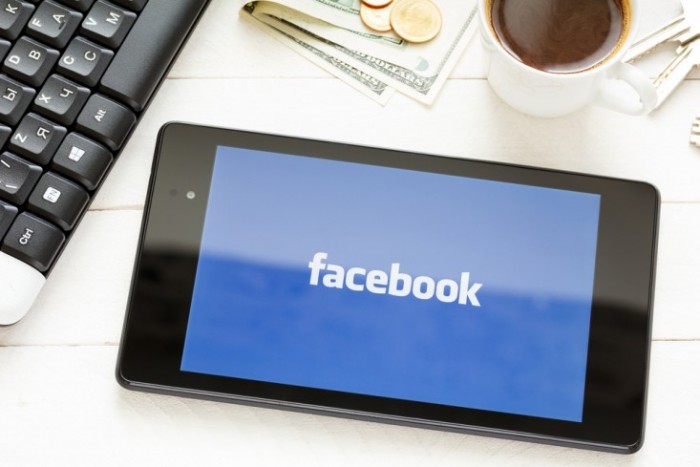The much discussed payments feature for Facebook’s Messenger platform is now officially available to all U.S.-based FB users. Via a post on the world’s most popular social media platform, VP of Messaging Products David Marcus (formerly the head of PayPal) touted the announcement by the ease and safety of the new platform.
“We’re happy to announce that Messenger person-to-person payments are now available to everyone in the U.S.! Add your debit card and pay anyone on Messenger in a few taps,” Marcus wrote. “Money goes straight from your checking account to the recipient’s checking account. Easy and safe. As always, give it a try and let us know how we can make [it] even better for you!”
He then opened that announcement up for Facebook comments — of which there were many hundreds. Most were positive. Some asked some fairly straightforward questions — and one user questioned if there were spending limits, which Marcus responded to directly.
“On limits. They vary. But they should be high enough for most people and usages right now,” he said.
Others were less supportive and used their comments to tout bitcoin or complain publicly about Facebook.
We’d love to be your preferred source for news.
Please add us to your preferred sources list so our news, data and interviews show up in your feed. Thanks!
“Yes, give the company with complete disregard for your personal privacy all of your secure financial data. Makes sense,” one Facebook user wrote in response to the announcement.
Advertisement: Scroll to Continue
The new payments feature gives FB users an option to store their debit card info within Messenger. While in the midst of conversation, a user can send funds by picking the “$” icon in the keyboard and tapping “Pay.” Those who receive money can claim it by opening the message and accepting the payment. As with a bank, it can take up to three days for funds to actually make it to their desired destination.
Debit cards alone are allowed on the platform, as part of an attempt to avoid credit card fees. Similar competing service Venmo allows credit cards, but there is a 3 percent fee that accompanies their use.
Though the product was announced in March, it has been gradually rolling out since in a handful of access cities — an approach reportedly done to avoid security entanglements.
Marcus has indicated that Facebook’s payments ambitions are limited and that the firm is not looking to build a full payment setup, a la PayPal. Instead, this is a more limited attempt to cash in on the estimated $142 billion that Forrester estimates mobile payments will be worth by 2019.
[vc_row full_width=”” parallax=”” parallax_image=””][vc_column width=”1/1″][/vc_column][/vc_row][vc_row full_width=”” parallax=”” parallax_image=””][vc_column width=”1/1″][vc_separator color=”grey” align=”align_center” style=”” border_width=”” el_width=””][vc_single_image image=”148412″ alignment=”center” style=”vc_box_shadow_3d” border_color=”grey” img_link_large=”” img_link_target=”_blank” css_animation=”left-to-right” img_size=”full” link=”http://www.pymnts.com/whats-hot-today/”][vc_column_text css_animation=””]
To check out what else is HOT in the world of payments, click here.
[/vc_column_text][vc_separator color=”grey” align=”align_center” style=”” border_width=”” el_width=””][/vc_column][/vc_row]

 Add as Preferred Source
Add as Preferred Source



